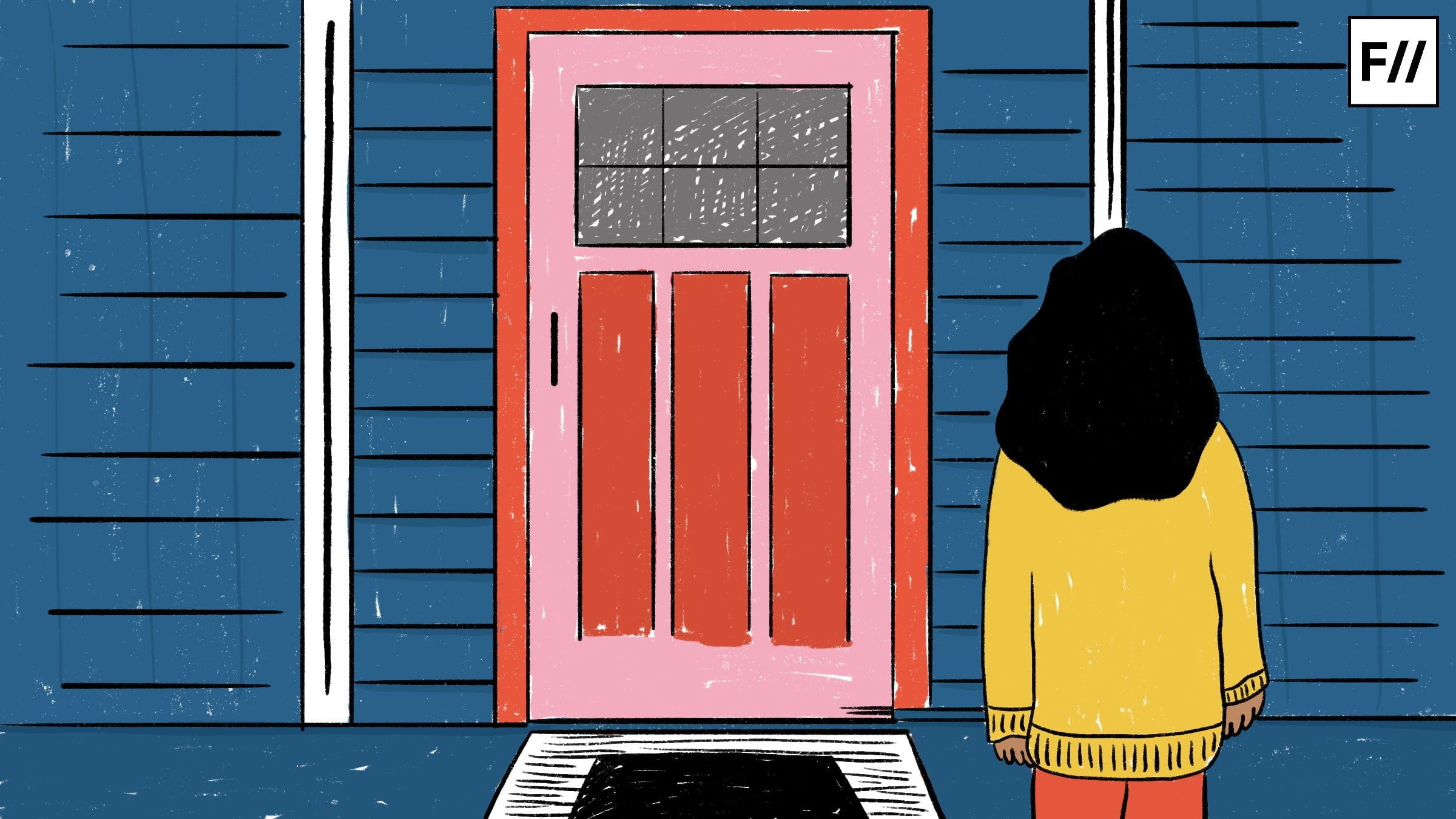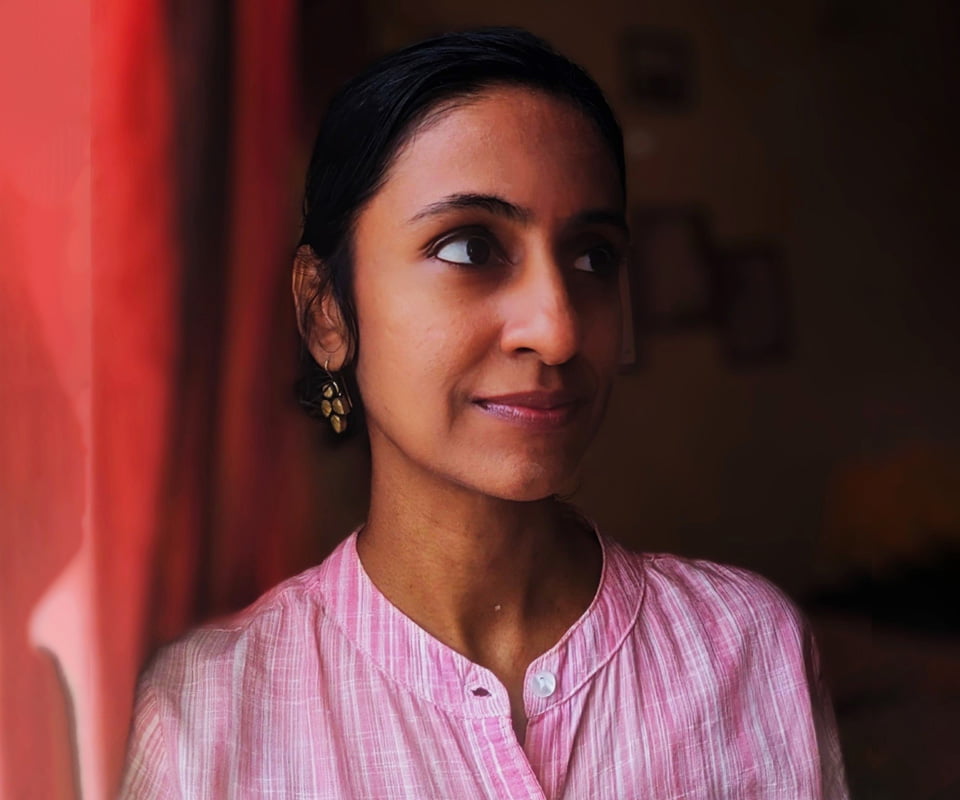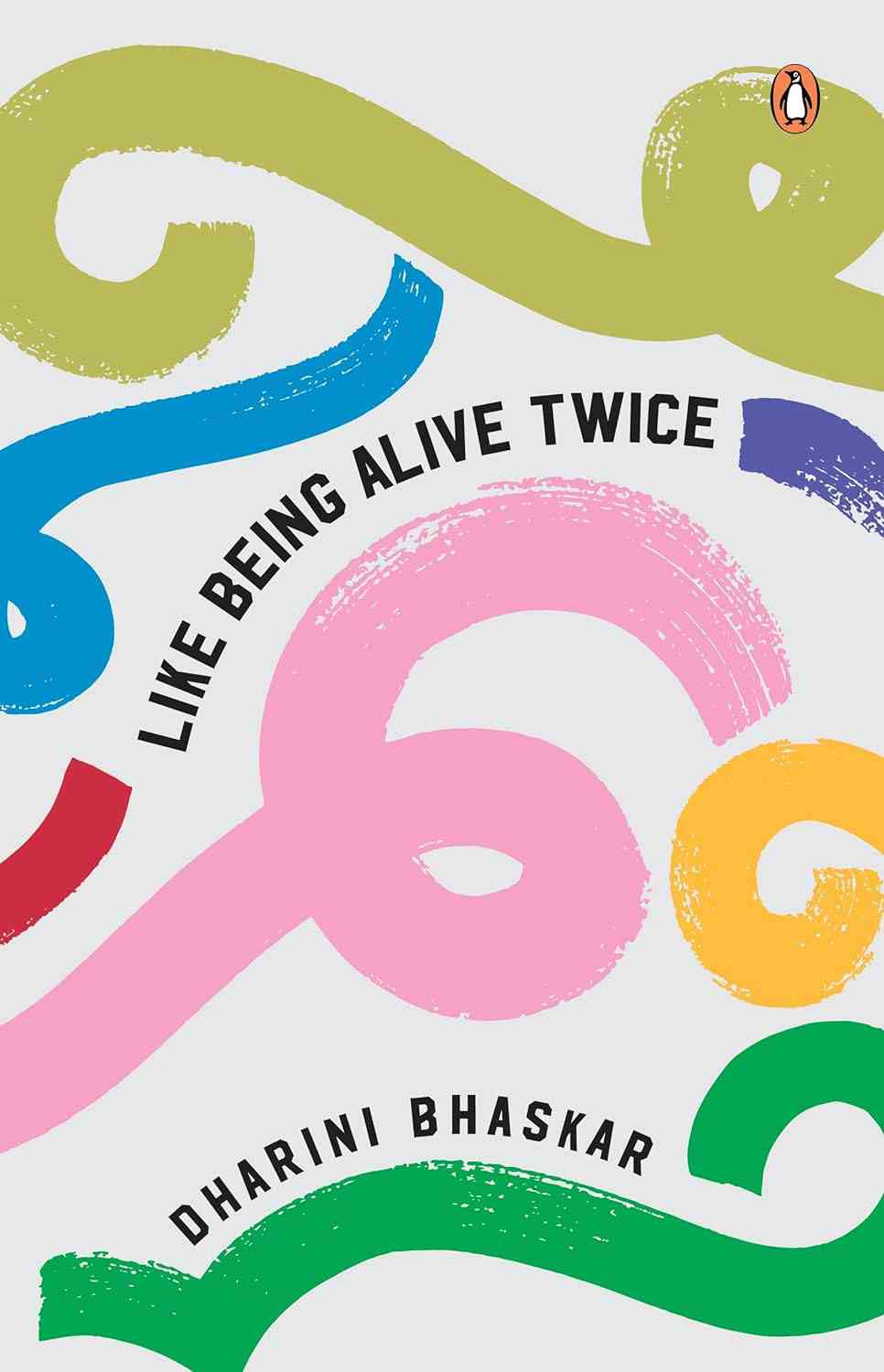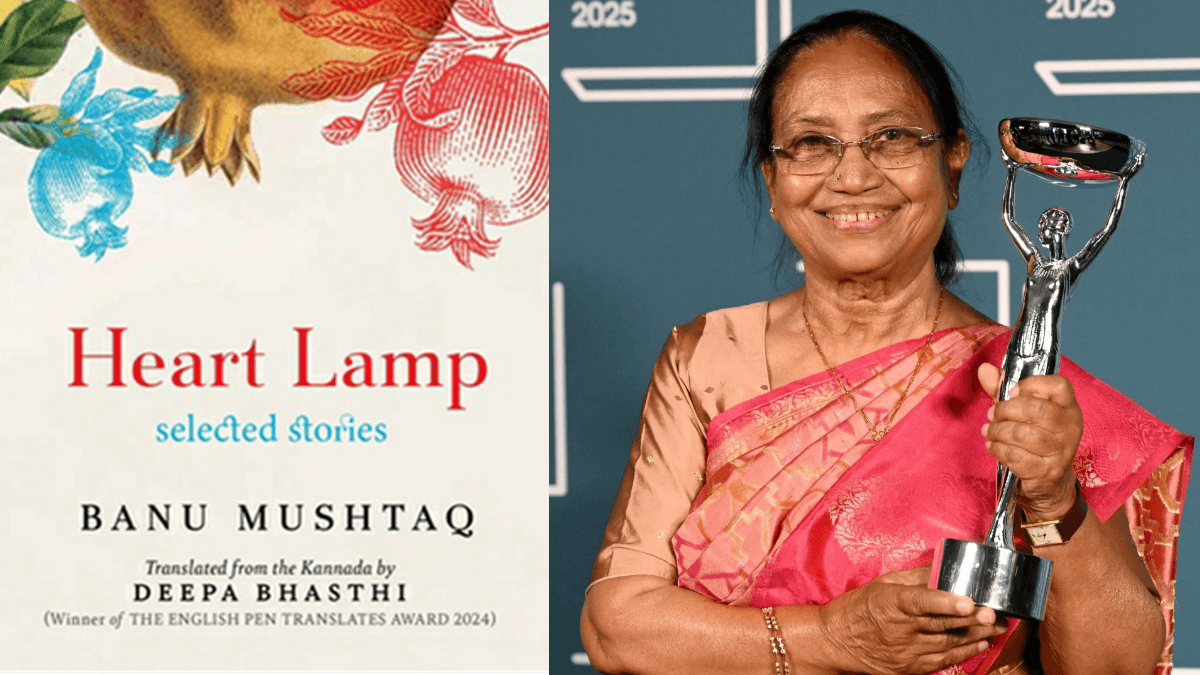Every nation needs a narrative. In Dharini Bhaskar’s latest book Like Being Alive Twice, two lovers, Poppy, a Hindu and Tariq, a Muslim, inhabit a dystopian nation which has propped itself up on just that- a narrative. In a world, eerily like the one we are walking into, of pristine Baghs, squalid bastis and the foreboding caveat of the Door Mohalla, one’s worth as a citizen reflects on their tally cards- identification documents that work on a strange system of points and determine your value, ascertaining where you will stay, what services you can access, what company you can keep and so much more.
Every nation needs a narrative. In Dharini Bhaskar’s latest book Like Being Alive Twice, two lovers, Poppy, a Hindu and Tariq, a Muslim, inhabit a dystopian nation which has propped itself up on just that- a narrative.
It is fairly simple- social transgressions trim your points and being of “value” to the nation elevates your rank. The cards and the system of points, much like China’s existing Social Credit System, are introduced by the government to aid “development” and “moral righteousness”. However, it is no secret that the system is sinister- a wicked way to weed out minorities.
In Like Being Alive Twice, Dharini Bhaskar poses an audacious question- in a system built against you, can your choices save you? Through the form of the dystopian love story, Bhaskar holds up a mirror to our present reality and then shows us what it can become. The prose is lyrical, fluid almost. Perhaps that is why it can snake its way from the story ‘as it was’ and ‘as it could have been’.
The two doors in Like Being Alive Twice
Like Being Alive Twice tells the story of Priyamvada (aka Poppy) and Tariq (aka Tar), lovers in a nation which is becoming increasingly hostile towards the idea of interfaith relationships. On a trip to a mountain town, hours before he is to propose to Poppy, Tariq, who is sensing the bleak future that awaits Muslims like him in that nation, broaches the idea of moving abroad for safety. Shocked and offended at this declaration, Poppy makes a decision that would irrevocably alter the trajectory of their relationship and their lives.
However, as far as Bhaskar’s narrative goes, every decision has two doors. The reality of Poppy’s life is narrated, parallel to the life that could have been, had her choice been otherwise. However, both strains of the narrative, spanning seven years, count down to the same, shared future. Both the doors ultimately lead to the same room, establishing the futility of individual choices in a world that will ultimately hunt you down.
The reality of Poppy’s life is narrated, parallel to the life that could have been, had her choice been otherwise. However, both strains of the narrative, spanning seven years, count down to the same, shared future.
The image of the two doors are central to the narrative of Like Being Alive Twice. The parallel narrative strains are divided by the yellow and blue doors- the yellow door signifying the choice that Poppy actually makes and the blue door symbolising the choice that she could have made, which would have led her down a completely different path to the same room. While the yellow door assures temporary safety and social status in a nation that is made for a few, the blue door pushes Poppy into a world of hardships, ranging from erratic water supply to the withholding of motherhood by the state.

However, the security and status in the world beyond the yellow door is transient, and Poppy’s position there precarious. Despite choosing to forsake Tar by entering the world behind the yellow door, Poppy and Tar flit in and out of each other’s lives, never fully letting go of what they had, even as the world around them rushes headlong into the depths of a dystopia.
Linda Gregg, Fitzgerald and Bhaskar’s world-building through allusions
Borrowing its title from contemporary poet Linda Gregg’s The Defeated, where she writes, ‘Already what I remember most is the happiness of seeing you. Having tea. Falling asleep. Waking up with you there awake in the kitchen. It was like being alive twice.’, Like Being Alive Twice is built on literary, cinematic and cultural allusions. Linda Gregg looks over the twin streams of the narrative like an omnipresent godmother. Tariq’s mother, Fatima introduces Poppy to the poet on their first meeting. As the years go by, it is Linda Gregg who comforts Poppy in times of despair and gives words to her thoughts.
Along with Linda Gregg, poet Jack Gilbert, too, visits the narrative streams often, their presence in the story tying the dystopia down to our immediate reality.
A recurring image in Like Being Alive Twice is the copy of F. Scott Fitzgerald’s This Side of Paradise that Tar had gifted Poppy.
A recurring image in Like Being Alive Twice is the copy of F. Scott Fitzgerald’s This Side of Paradise that Tar had gifted Poppy. Aware of Fitzgerald’s blatant plagiarism from Zelda Sayre, his wife whom he never credited in his works, Poppy refuses to read the novel. However, when Tariq, with his Fitzgerald tattoo, moves away from her life and the copy of the novel is given away by mistake, Poppy becomes frantic. But, when the copy returns to her, instead of ‘a sense of coming home’, Poppy feels fear, as the note on the cover page from Tar is an incriminating reminder from the past she tries to run away from, which threatens her present beyond repair.

The cinematic allusions in Like Being Alive Twice are striking, from David Lynch’s surrealist Mulholland Drive and Volver to Clueless as and Vanilla Sky, as are the references to songs, with Radiohead almost setting the background score to the narrative, at times shuffled with ‘Clementine’ by the indie rock band The Decemberists.
Bhaskar’s use of allusions and intertextuality, so deeply intertwined with the narrative of Like Being Alive Twice, moors the dystopia to the world we are living in. The references anchor the story to our times, as if to tell us that the narrative is not mere speculation but observation.
Like Being Alive Twice dares to be political
In the time we are living in, the dystopia of Bhaskar’s Like Being Alive Twice is becoming all too real. In a nation like ours where religious minorities are being marginalised and persecuted every day due to unfounded allegations of love jihad, with their houses being razed by bulldozers, relegating them to ghettos not unlike the fictional Door Mohalla, Bhaskar’s novel ceases to be fiction anymore. But Like Being Alive Twice is not just a mirror, it is also a lamp. By becoming a caveat, the novel dares to voice its politics of dissent, refusing to be a mere onlooker as its narrative plays out in real life.

As the nation is propelled into a frightening future, the form of the dystopia becomes subversive, right from Prayaag Akbar’s Leila and its censored Netflix adaptation, to texts like Rheea Mukherjee’s The Girl Who Kept Falling In Love and Dharini Bhaskar’s Like Being Alive Twice. Read them as what you will- warning signs or mere works of speculative fiction- they all establish one simple fact: just as every nation has a narrative, every revolution does too.
About the author(s)
Ananya Ray has completed her Masters in English from Jadavpur University, Kolkata, India. A published poet, intersectional activist and academic author, she has a keen interest in gender, politics and Postcolonialism.







